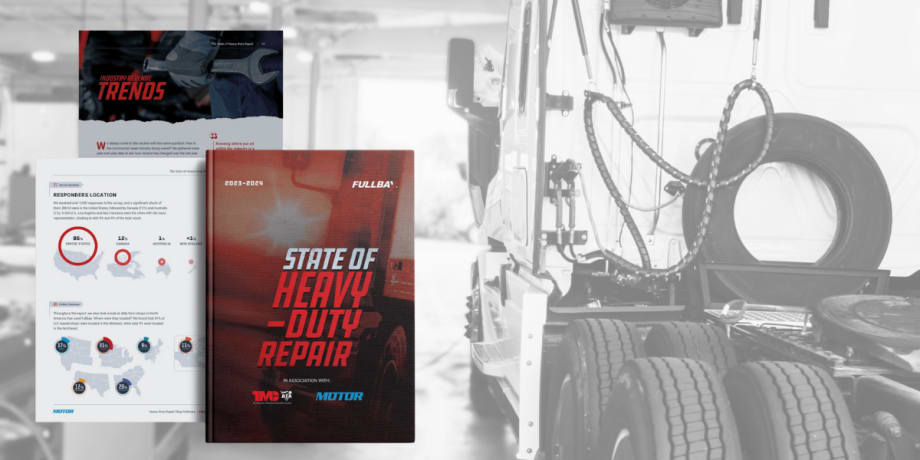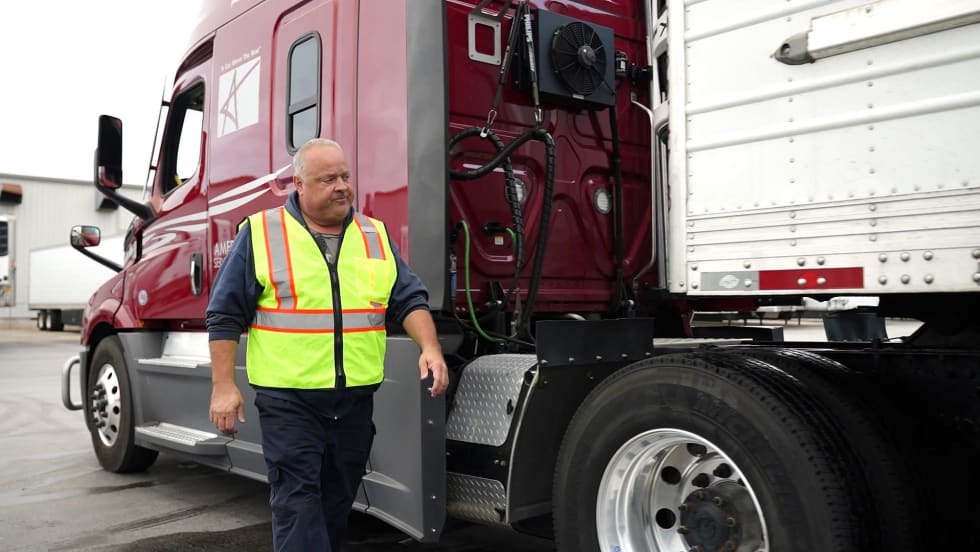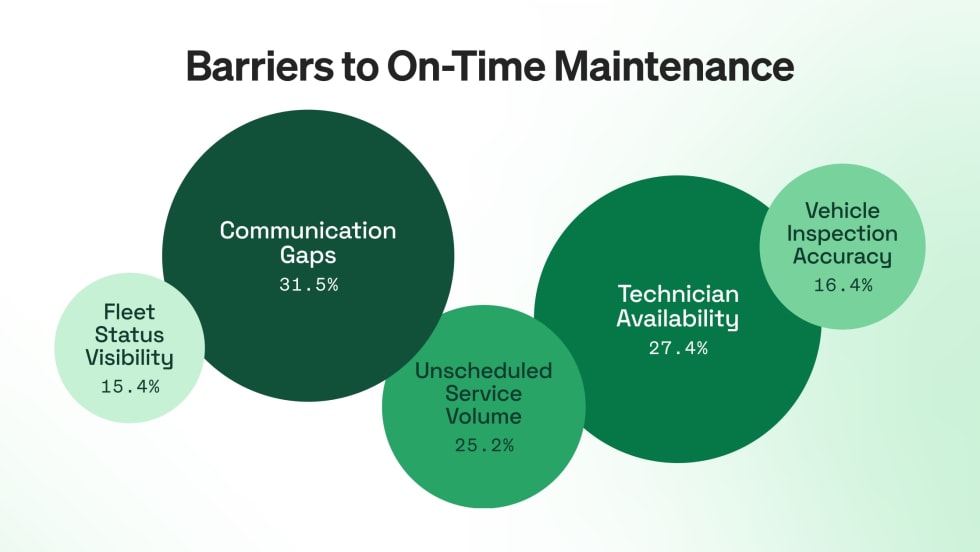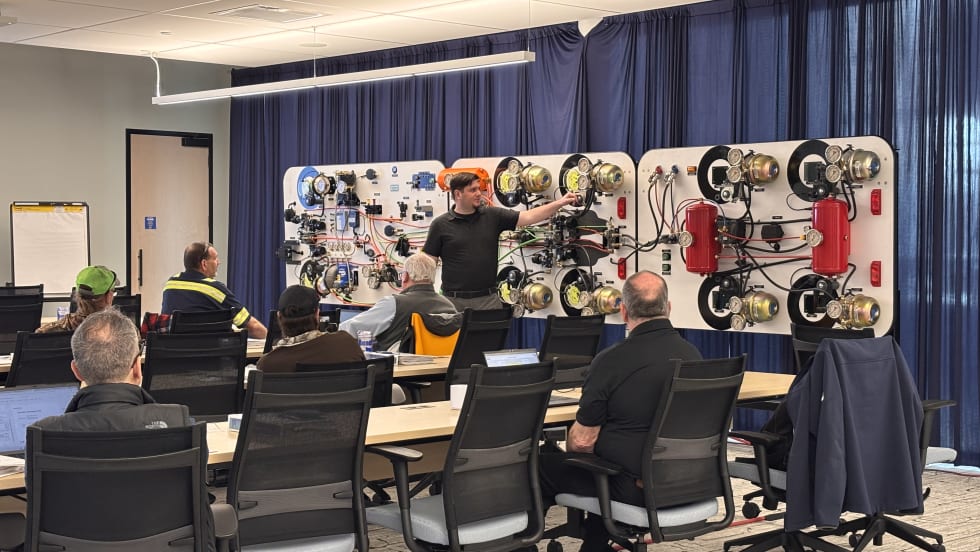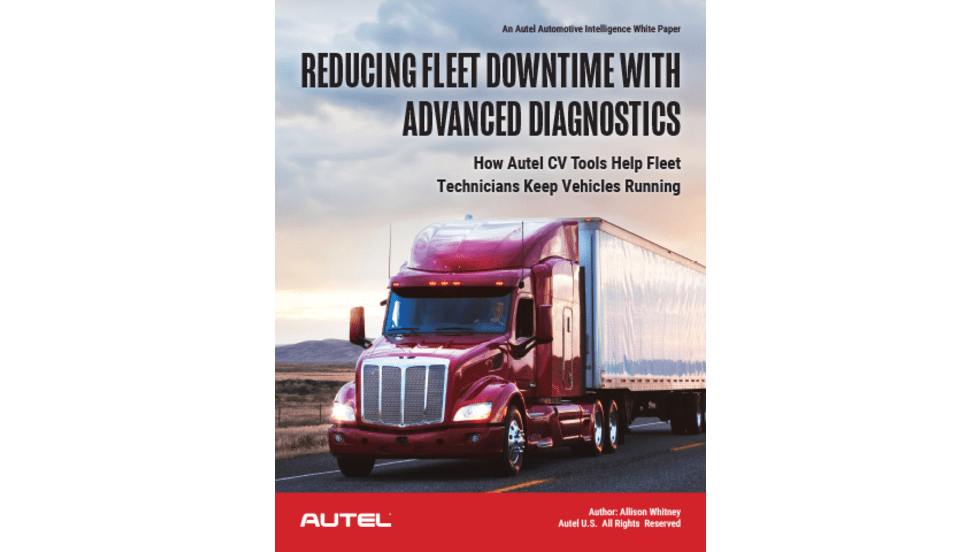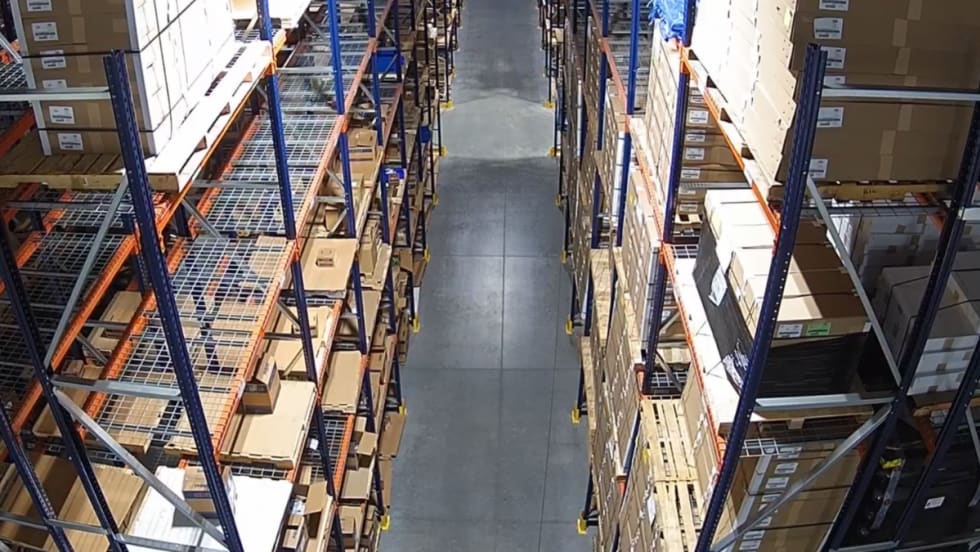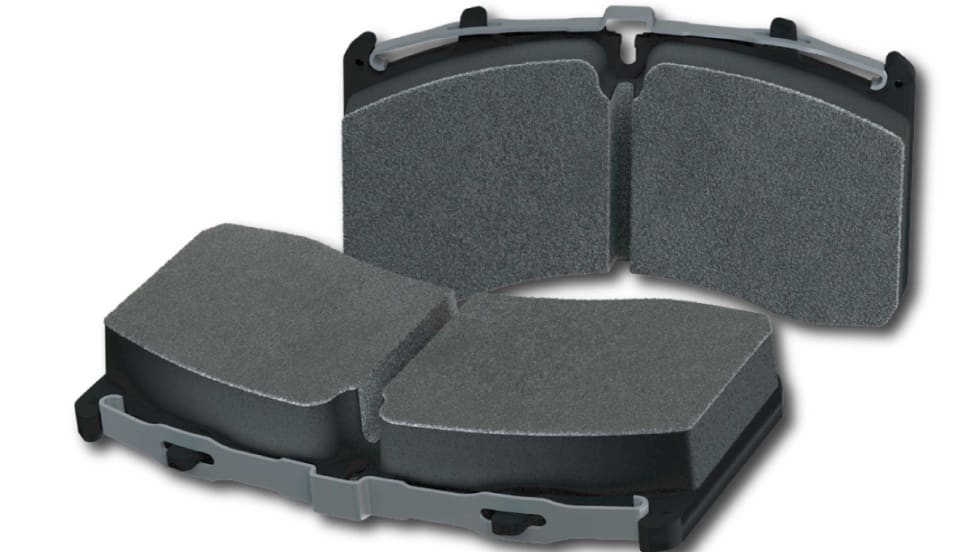For heavy-duty repair shops, 2023 was a banner year for counter sales, but labor rates increased from the previous year, according to a report from Fullbay and the American Trucking Associations’ Technology & Maintenance Council.
Heavy-duty repair shops around the country reported up to a 40% increase in counter sales, according to the latest 2023-2024 report from Fullbay, compared to 2022-2023 data. Labor rates went up approximately $10 per hour.
Last year's report found that heavy-duty repair revenues had returned to pre-pandemic levels.
Fullbay provides software for heavy-duty truck and trailer repair shops. Its fourth annual State of Heavy-Duty Repair Report, done in conjunction with TMC, provides business management insights and user data for the commercial vehicle repair industry.
“We don't do this report for us to stand up here and like pontificate about the state of the industry,” said Fullbay CEO Patrick McKittrick during a TMC news conference. “Our point in doing this is to provide value to shop owners.
"For the health of the industry, we need a network of independent repair shops that are healthy and thriving businesses and we think we play a part in that by providing good software to them. But we also think we could play an important part by giving them good data to help them run their business.”
This fourth report is the biggest yet, he said, more than 100 pages. “We definitely dug deeper into a couple of areas."
Key Findings from the TMC/Fullbay State of Heavy-Duty Repair Report:
45% of respondents reported between 21%-40% increases of counter sales from 2022 to 2023
Labor rates increased 9% across the country in 2023 – that equates to a roughly $10 per hour increase
Over 40% of respondents reported a net profit between 11% and 20%
18% of shops surveyed were pulling in between $1 to $2 million each year, while 12% reported revenue between $250,001 and $500,000
25% of heavy-duty shop technicians indicated they worked at only three shops throughout the course of their entire career
The Challenge of Technicians Becoming Heavy-Duty Repair Shop Owners
We asked McKittrick how many of those shops are run by non-mechanics who are businessmen that can do the math of marketing but aren’t technicians themselves.
“I want to say it's like 25%. I mean, it's not a trivial number.
“We do a webinar series every quarter where we bring in owners from shops,” he said. A recent one featured Fullbay’s chief financial officer answering questions from shop owners. “And I can tell, the owners who are business minded are asking questions in a different way.
"The others who came up as a mechanic, you could tell they've made it pretty far, they've done really well, but they still have some learning to do about running their business as opposed to just making sure that they provide the best mechanical service.”
About the Data in the Fullbay Report
Fullbay’s report data is drawn from individual survey responses and real-world shop data. More than 1,000 individuals from the commercial freight, logistics, and repair industries completed the survey, while shops across North America, Australia and New Zealand were sampled for authentic shop data. Those surveyed were a combination of both customers and non-customers of Fullbay.
McKittrick explained that there were fewer respondents this year, and that was an intentional methodology change.
“We tried to be more targeted in our research this time. We try to mix quantitative and qualitative data, because we have almost 4,000 shops running the Fullbay platform. We have mounds of data around how their businesses run.”
Fullbay is able to aggregate and anonymize that data to pull out insights, so it sampled data from 500 shops that been using Fullbay for more than 12 months.




